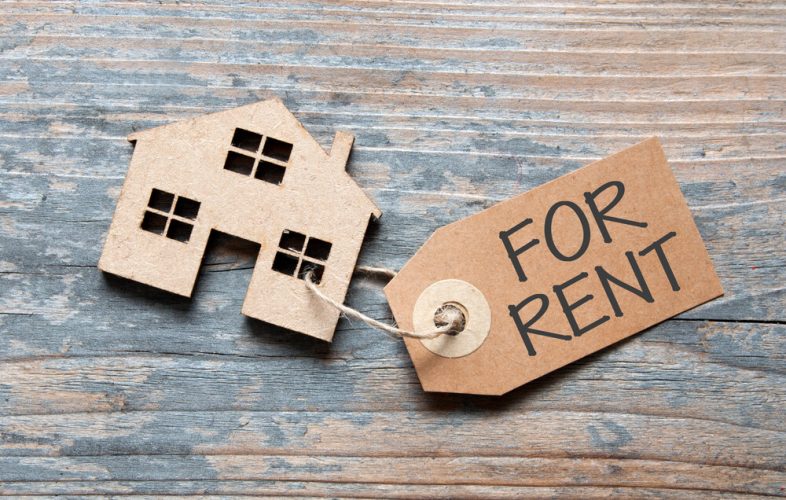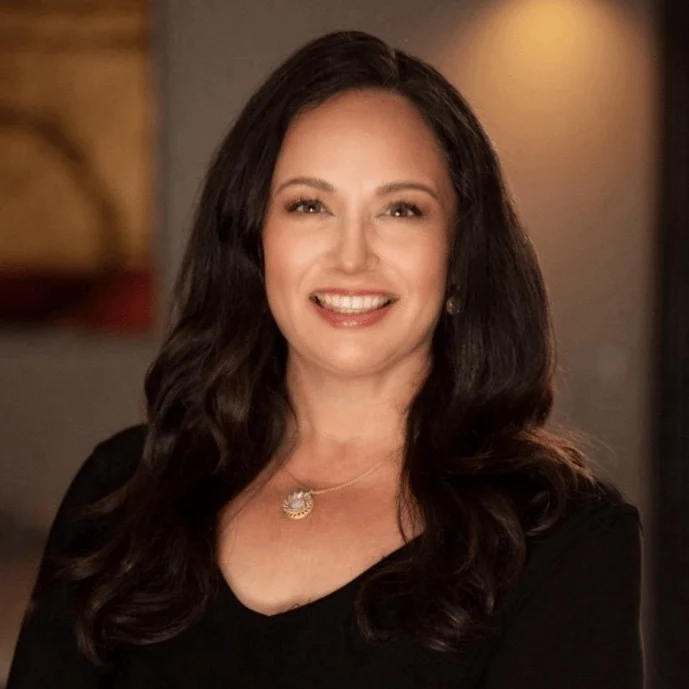
When you own a house, basic homeowners coverage is a no-brainer. But when renting out your home, insurance requirements may be a bit different. Getting additional coverage for a rental property can ensure you’re fully protected as a landlord so you can maximize your investment without additional stress.
Introduction to Rental Property Coverage
Do you need separate protection to rent out your house? The answer can vary depending on your situation. For example, if you rent out a room a few weekends a year, you’d have different coverage needs than someone who rented out their entire property full-time. By exploring different options for rental property owner insurance, you can make sure you’re protected.
The Basics of Homeowners vs. Landlord Insurance
Your standard homeowners policy is designed to cover the structure of your home and the property you keep inside it. These policies typically focus on damage related to disasters and other unexpected situations. They apply to you and members of your household.
Meanwhile, homeowners insurance for a rental property focuses more on limiting your liability and covering tenant-related damages. The coverage will apply to other occupants instead of just you and your family.
Understanding Your Responsibility as a Rental Property Owner
When you take on a tenant, you typically assume some liability for their behavior. For example, if the renter destroys part of your property, you’ll ultimately be on the hook for replacing it. Because you own the property, you may also be liable if the tenant or one of their guests gets injured on your property. That’s why it’s critical to reevaluate your home insurance when renting out your property.
Navigating Insurance Options for Rental Properties
There are a few different options for protecting your rental home. So, what kind of insurance do you need to rent out a room in your home compared to renting out the entire place?
Differences Between Various Property Insurance Types
Landlord insurance, also known as rental property coverage or dwelling property protection, typically includes a few key policy features. Along with standard coverage for the structure of your home, here are some of the most important elements of a policy for long-term, regular landlords:
- Personal property: This will cover any property you keep in the rental home, such as any furnishings you provide or equipment you keep on-site to service the property.
- Rental loss: If the home is damaged to the point your rental income is disrupted, your coverage kicks in and reimburses the lost rent.
- Liability: Your landlord policy will cover your legal liability for injuries and other damages that occur in your rental.
So what about irregular, short-term, or one-time rentals? Your homeowners policy may actually cover one-off rental situations. However, some plans will require an endorsement or a short-term coverage add-on to keep you fully protected. It’s important to check in with your insurer about your rental plans to understand the kind of policy you’ll need.

How To Insure Your Rental Effectively
There are smart steps you can take to make sure you are following best procedures for renting out your home. If you want to make sure every aspect of your home is covered, keep these tips in mind.
Top Considerations When Choosing Rental Property Insurance
First, make sure your policy fits in with your unique situation. If you still live in the house you’re renting out, your policy may be slightly different than if you’re renting out your second home.
You may also want different levels of coverage depending on the level of risk you’re willing to assume. Just like regular homeowners protection, there are different levels of landlord coverage available.
Additionally, you’ll want to communicate with your tenants about their own coverage. When screening tenants, choosing applicants who have active renters insurance can add an extra layer of protection that helps both you and your renters avoid liability issues.
Safeguard Your Rental with Freeway Insurance
If you’re thinking about becoming a landlord, having the right plan will set you up for success. Along with your standard homeowners plan, you’ll need a specialized policy designed for renting out your space. Communicating with your insurer about your short-term and long-term plans is the best way to find a policy that will limit your liability and protect your investment.
At Freeway Insurance, we can walk you through the entire process and help you find the right combination of coverage. Reach out for a free quote online, call us at 800-777-5620 or check us out in person at a Freeway Insurance location near you.
FAQs About Renting Out Your Home and Insurance
Want to learn more before you list your house and start taking applications for new tenants? Check out these frequently asked questions.
Is Landlord Insurance Necessary Even With Homeowners Insurance?
While landlord policies may not be legally mandated, they are necessary if you want to fully protect your investment. If you don’t have the right protection in place, you may have your claims denied.
Do I Need Landlord Insurance If I’m Only Renting Out a Room in My House?
Even if you’re just renting out a single room, you should still get a landlord policy to safeguard your home from any tenant-related damages or claims.
How Do I Update My Policy for Short-Term or Long-Term Rentals?
Contact your insurer ahead of time before you rent out your home to update your policy. They’ll walk you through the options for both short-term and long-term rental situations.
Can I Require Tenants to Have Renter’s Insurance?
You can require all potential tenants to have their own protection by making active renter’s coverage a stipulation in your lease. This will ensure that their personal belongings are covered without driving up the costs of your own policy.



